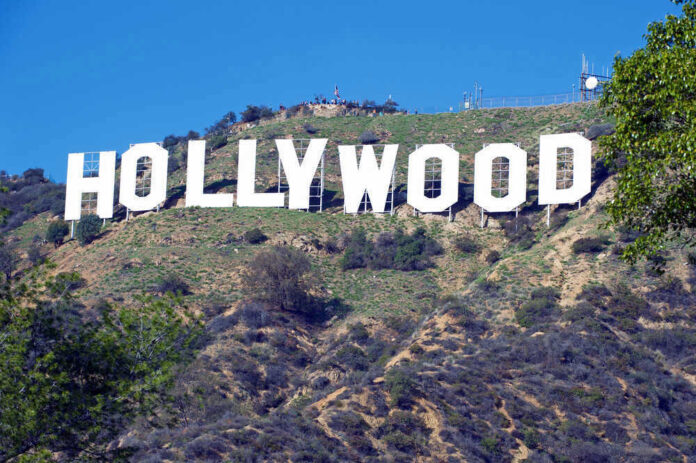
Hollywood’s crown jewels—HBO, Batman, Superman, and Harry Potter—are now up for grabs as three media giants submit competing bids to acquire Warner Bros. Discovery, signaling a seismic shift in entertainment industry consolidation that will reshape streaming and theatrical markets for years to come.
At a Glance
- Paramount Skydance, Comcast, and Netflix have submitted preliminary bids for Warner Bros. Discovery, valued at approximately $60 billion
- The acquisition battle centers on control of HBO, the Warner Bros. film library, and iconic franchises like DC Comics, Harry Potter, and Lord of the Rings
- A Paramount-Warner Bros. merger would create a theatrical powerhouse controlling 32% of North American box office market share
- Comcast’s acquisition would exceed 43% of the North American theatrical market, raising potential antitrust concerns
- The outcome will determine the future competitive landscape of streaming services and traditional media conglomerates
Three Bidders Chase Hollywood’s Most Valuable Assets
Warner Bros. Discovery has entered a competitive bidding process after its board rejected an initial $60 billion cash offer. Paramount Skydance, backed by billionaire Oracle co-founder Larry Ellison, is pursuing an acquisition of the entire company, including cable television networks. Comcast and Netflix have also submitted bids, each targeting specific assets including HBO, the film studios, and streaming libraries. This auction represents one of the most significant media consolidation battles in recent history.
Paramount, Comcast and Netflix submit bids for Warner Bros Discovery, source says https://t.co/4IBftjpIYi https://t.co/4IBftjpIYi
— Reuters (@Reuters) November 21, 2025
Paramount’s Strategic Play for Market Dominance
Paramount’s bid aims to acquire all of Warner Bros. Discovery, combining HBO Max with Paramount+. The merger would give Paramount a commanding 32% share of the North American theatrical market, according to Comscore data. This consolidation would strengthen Paramount’s position in both streaming and theatrical distribution, creating a vertically integrated entertainment giant capable of competing with Netflix and other streaming platforms. Ellison’s financial backing provides Paramount with substantial resources to pursue the aggressive acquisition strategy.
Comcast’s Competitive Advantage in Content and Distribution
Comcast, through NBCUniversal, is specifically interested in Warner Bros.’ film and television studios, HBO, and iconic characters including Superman and Batman. A Comcast acquisition would exceed 43% of the North American theatrical market share, substantially increasing the company’s entertainment footprint. The merger would integrate Warner Bros.’ theatrical and streaming businesses with Comcast’s theme parks and existing entertainment properties, creating unprecedented synergies across multiple revenue streams and consumer touchpoints.
Netflix Pursues Franchise Expansion and Library Access
Netflix’s bid focuses on acquiring Warner Bros.’ studio operations and streaming businesses to gain access to the extensive film library and established entertainment franchises. The streaming giant seeks to secure Harry Potter, Lord of the Rings, and other high-value intellectual properties that would strengthen its content offerings and subscriber retention. Netflix’s interest reflects the critical importance of owning premium franchises in the increasingly competitive streaming marketplace where original content and exclusive properties drive consumer subscriptions and competitive differentiation.
Market Consolidation and Industry Implications
The Warner Bros. Discovery auction represents a watershed moment for media industry consolidation. The outcome will determine which company controls some of entertainment’s most valuable intellectual properties and distribution channels. Industry observers note that whichever bidder succeeds will significantly reshape competitive dynamics in both theatrical distribution and streaming services. The consolidation trend reflects broader challenges facing traditional media companies as they compete with tech-driven streaming platforms for consumer attention and advertising dollars in an increasingly fragmented entertainment landscape.
















